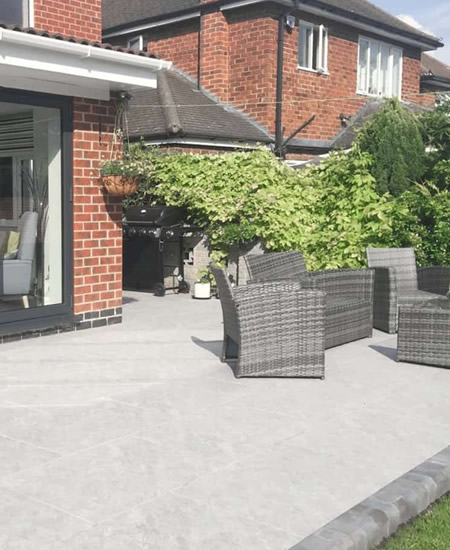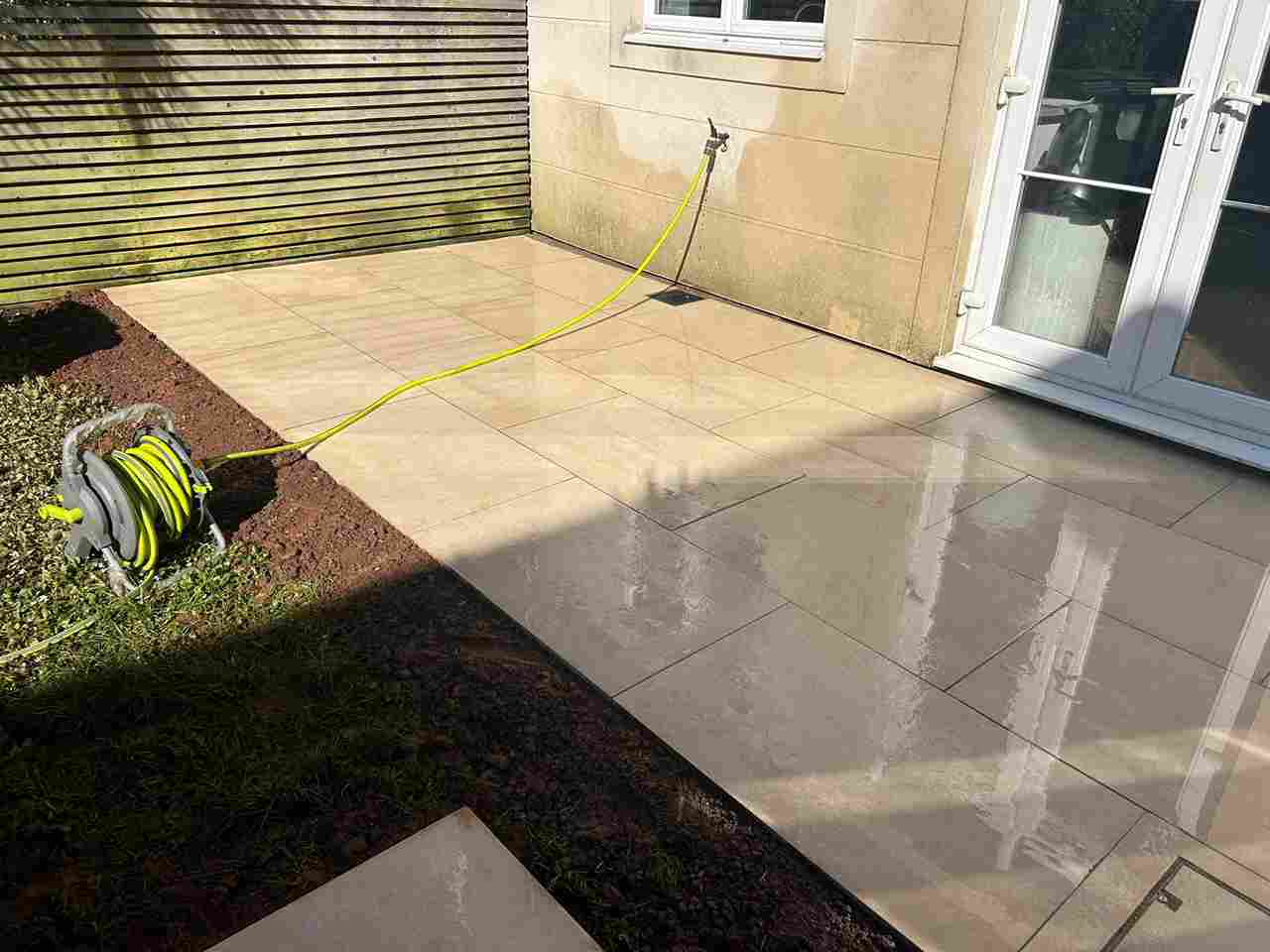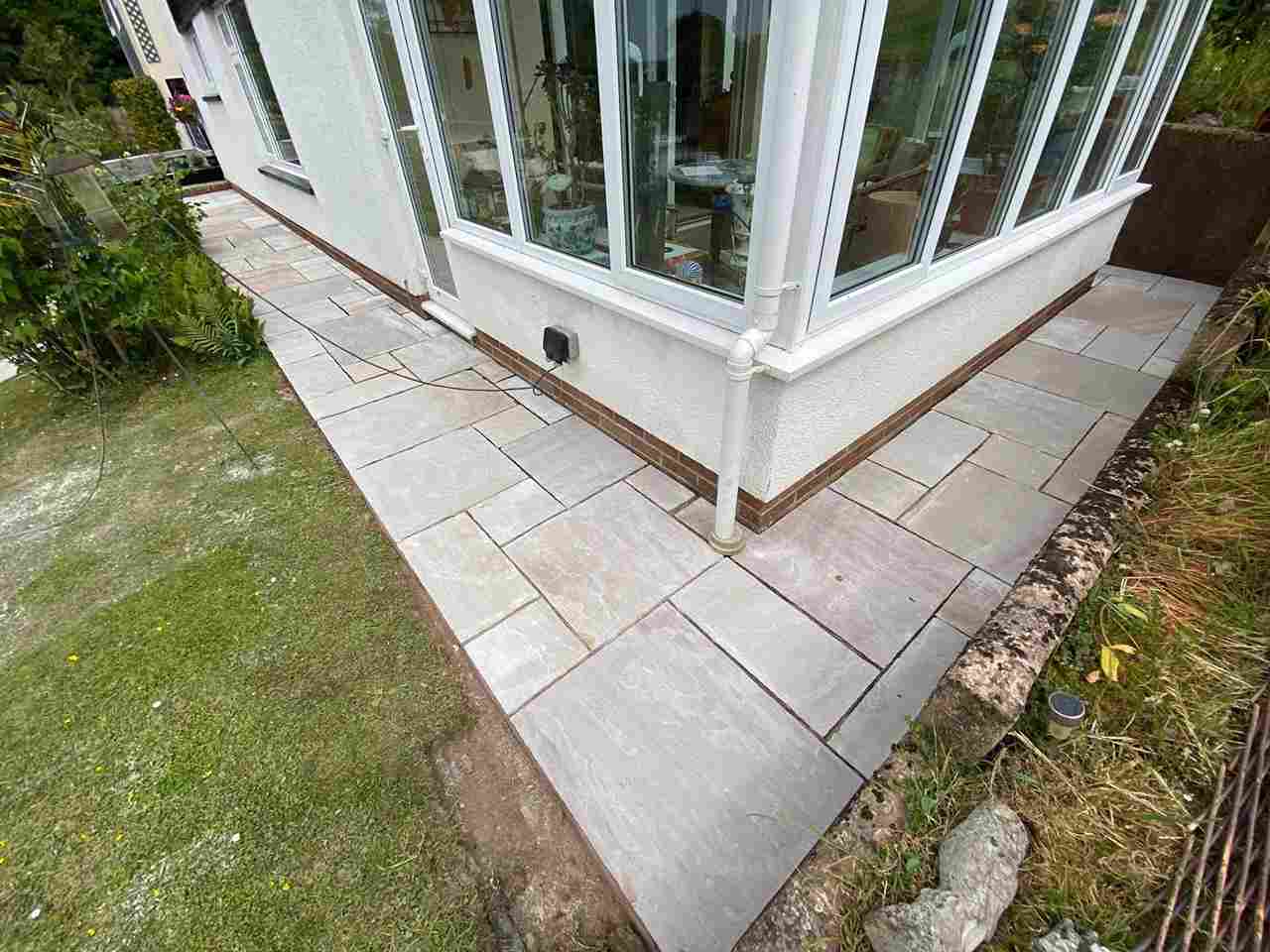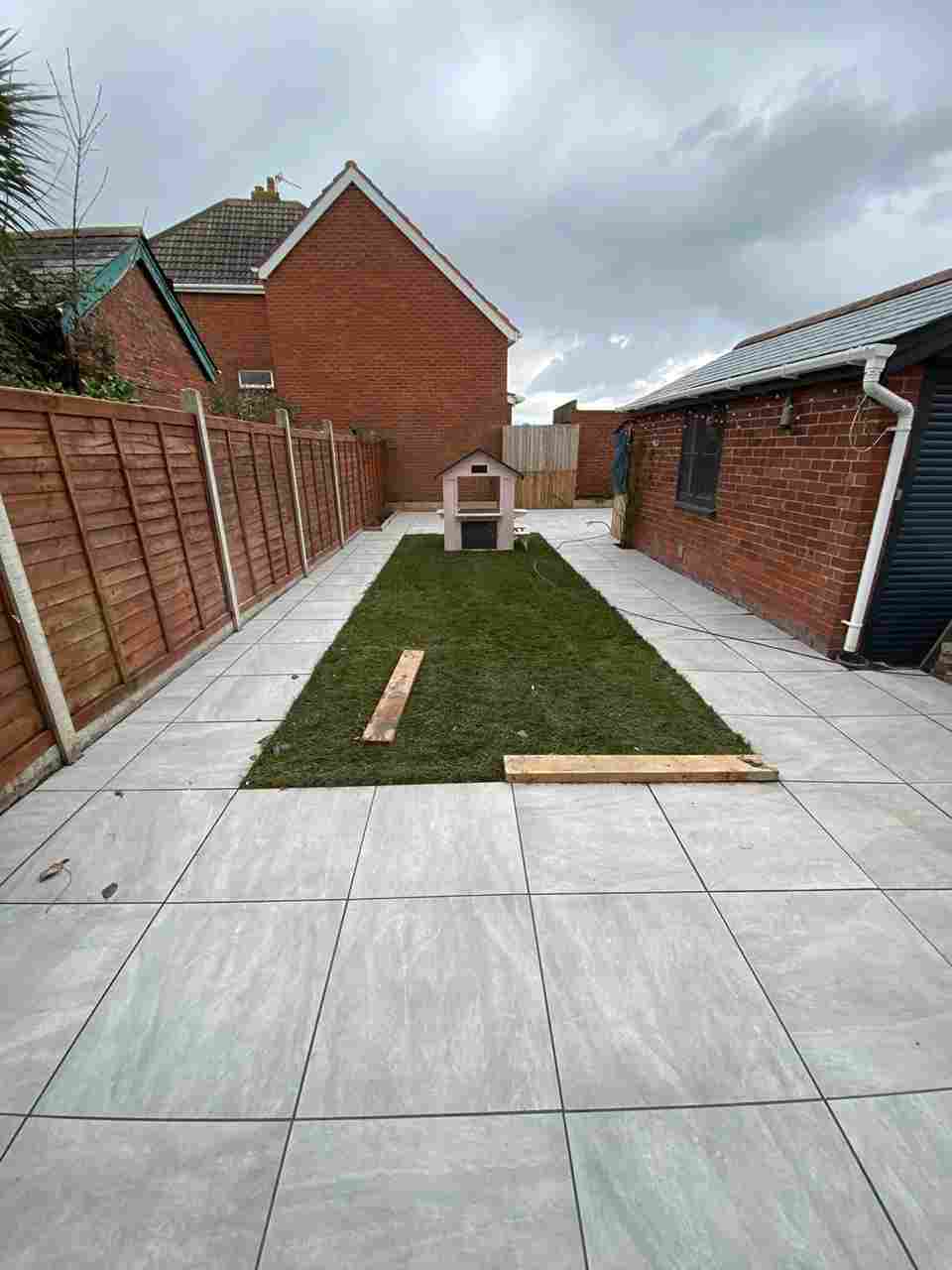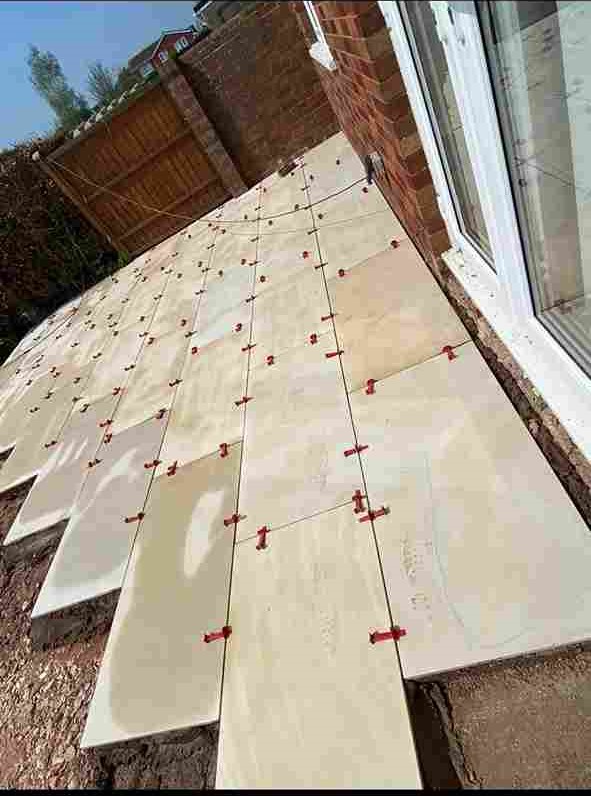Applications of Concrete Slab
Following are some typical applications where concrete slabs are commonly employed:
-
Forming sturdy platforms and inviting patios.
-
Creating robust floors in industrial settings and warehouses.
-
Constructing durable sidewalks and pathways for pedestrians.
-
Building reliable stairs and accessible ramps for easy movement.
-
Providing stable surfaces for parking areas and expansive parking lots.
Our Comprehensive Slabbing Process
At our company, our approach to concrete slab construction involves a meticulous series of steps to ensure robust and enduring results:
Step 1: We begin by meticulously preparing the ground and levelling and compacting it to create a solid base.
Step 2: Following this, we strategically position metal reinforcements to enhance the slab’s structural integrity.
Step 3: Once prepared, concrete is expertly poured onto the surface, ensuring even distribution and the elimination of air pockets.
Step 4: Subsequently, we initiate the curing process, carefully maintaining optimal moisture levels to enhance maximum strength development over time.
Step 5: Finally, our specialists apply finishing touches to the surface, tailored precisely to the functional and aesthetic requirements of each project.



